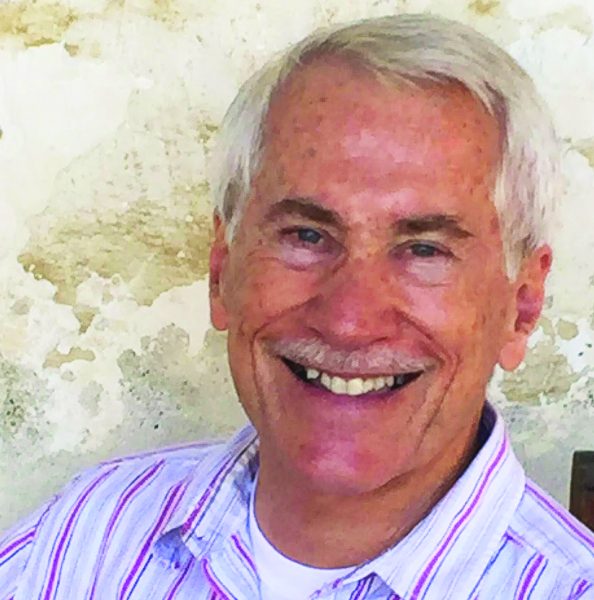 By Russ Gerber
By Russ Gerber
Old friends from my early career days recently found me through social media, and each time one of their messages arrived, I was whisked back 25-30 years, when we first got to know each other well.
Then I discovered just how much has changed over the years, not just in how they look (which comes as no surprise) but also in how some of them have a strong, outspoken interest in spiritual and religious matters. Nothing even close to religion ever surfaced in all the years we knew each other and worked together—far from it.
Their interest in living a more spiritual life and connecting with a church was surprising news for another reason. It’s taking place in a world that we’re told is witnessing the twilight of religion. Statistics show a rise in the number of unaffiliated religious people. Commentators often point to religion’s uncertain future and an increasingly secular society.
My friends seem unmoved by that. They simply, naturally, wanted to be more selfless and compassionate, feel more secure and less materialistic, be a lot happier and healthier, and find that the path that most directly got them there was spiritual.
What brought about the change? I suppose there’s a long list of factors: maturity, education, parenthood (and grandparenthood), life experiences (mine as well as theirs), and a world that offers few solutions.
But I suspect there’s something else going on.
In our conversations, I sense a deeper, spiritual nature and outlook emerging. For some, it comes across as having more patience at a time when they used to be in a rush. For others, it’s letting go of longstanding grudges and forgiving. Others have resolved to spend more time praying. Some now support worthy causes they ignored in the past. Still, others have become devout Christians and take their role and opportunity to heal suffering in society seriously.
Such changes are subtle and might go unnoticed for a long while. But over time, they add up to a transformation of character—a brighter outlook on life—the sense of discovering a buoyant, more genuine selfhood and realizing that the old way of thinking of themselves was superficial and is becoming a thing of the past.
Do these few isolated examples call into question the larger trend data regarding religion today? Not necessarily. But they suggest to me that while the tendency might be to buy into the perception that religion’s influence is diminishing, that’s not the full picture.
When experiences like my friend’s and others come into notice, it appears more is going on below the surface. It would be a mistake to overlook the invisible, spiritual influence that’s gradually transforming hearts and minds, and the greater potential for change that comes with that. People who see themselves in a new light feel better about themselves and are likely to see and treat others in a new way. It has a ripple effect.
Although you’ll not find the word “religion” used anywhere in the Old Testament of the Bible, there’s no shortage of references to “light,” and according to the Bible, the source of that light is God, who saw it as good. Religion, at its best, is a lot like light. It’s the illumination and transforming power that comes with spiritual discoveries.
Some might see occasional glimmers of light and conclude that we’re drifting into twilight. The horizon looks dark. Others, like my friends, see these glimmers differently, as the beginning of a new day. To them, the future looks bright.
Russ and his wife moved back home to Southern California after working in Boston as the media manager for the Christian Science church. With a background in publishing, most of his time is spent writing, reading, volunteering and grandparenting.




